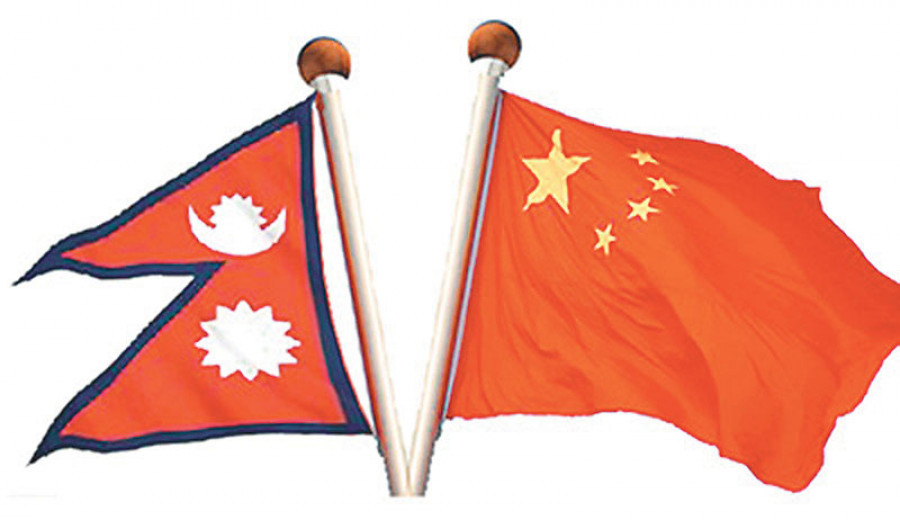Editorial
Confused on China
If we are unclear about what we want, meaningful progress in bilateral ties will remain elusive.
What does Nepal want from China? The answer appears to be pretty straightforward: China, as one of Nepal’s only two contiguous neighbours, gives the landlocked country trading and transit routes that do not pass through India. As the next economic superpower-in-making, China has a lot to teach Nepal in areas like technology, agriculture modernisation and infrastructure-building. It can, moreover, be a vital source of foreign investment. But if we are so clear about our own needs, what explains our failure to fulfil them? Following the 2015-16 Indian blockade, Nepal signed a crucial trade and transit agreement with the northern neighbour. But what has come out of it since? Precious little. And what about the BRI projects that were supposed to result in all kinds of economic benefits for Nepal? Why have they stalled for so long? Maintaining balanced relations with India and China is among Nepal’s stated foreign policy goals. Yet the country is getting more and more dependent on India while its links with China are weakening. Nepal was already heavily dependent on India for everything from fuel to fruits. Now it has also handed over all its big hydropower projects to Indian developers, much to Beijing’s displeasure. Notwithstanding the rhetoric of top leaders, they only look north when their individual equations with New Delhi go haywire.
Following the easing of Covid-19 restrictions, there is again increased movement of top officials between Nepal and China. One or the other high-ranking Nepali delegation is invariably visiting China, and vice-versa. Among their other concerns, the Chinese are worried about the slow progress on the BRI projects. Frankly, they must be bewildered. (Even Chinese President Xi Jinping visited Kathmandu in 2019 as a show of trust between the two countries.) In the aftermath of the blockade, Nepali political leaders implored Beijing to come to the rescue of its small neighbour; they said they were ready to explore “India’s alternative”. But no sooner did the memories of the blockade begin to fade, the old vows were conveniently forgotten. The more recent engagements with Chinese leaders will also come to naught unless our political leaders collectively pursue ties with the north as a matter of national interest.
Of course, lack of progress on the BRI is not just Nepal’s failure. China too has at times appeared ambivalent on how to push projects under it. Its proximity to Nepali communist parties has not gone down well among Nepalis either. Chinese mandarins often seem to forget that Nepal is a functioning (if a flawed) democracy and has its own, if a touch slower, way of doing things. This is why it is important to be clear about what we want from China as a matter of principle. If the BRI projects are important for us—and there is a common consensus that they are—what are we doing to ensure that we derive maximum benefit from them? How can these projects help us reduce our overreliance on India? If we are unclear about what we want and if individual parties and personnel pursue Nepal-China relations as befits their interest, meaningful progress in bilateral ties will remain elusive. No amount of goodwill visits can compensate for that.




 8.22°C Kathmandu
8.22°C Kathmandu














